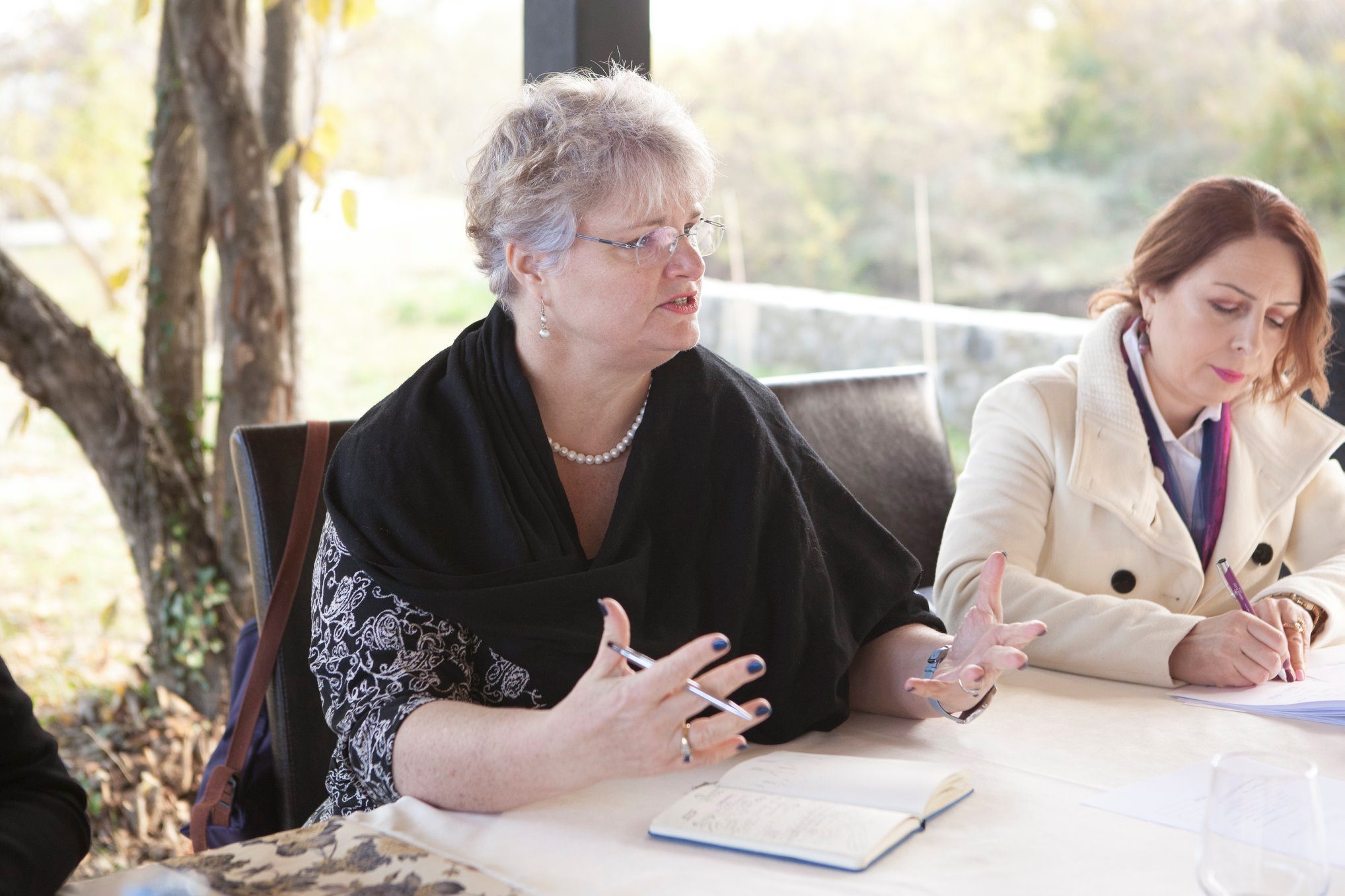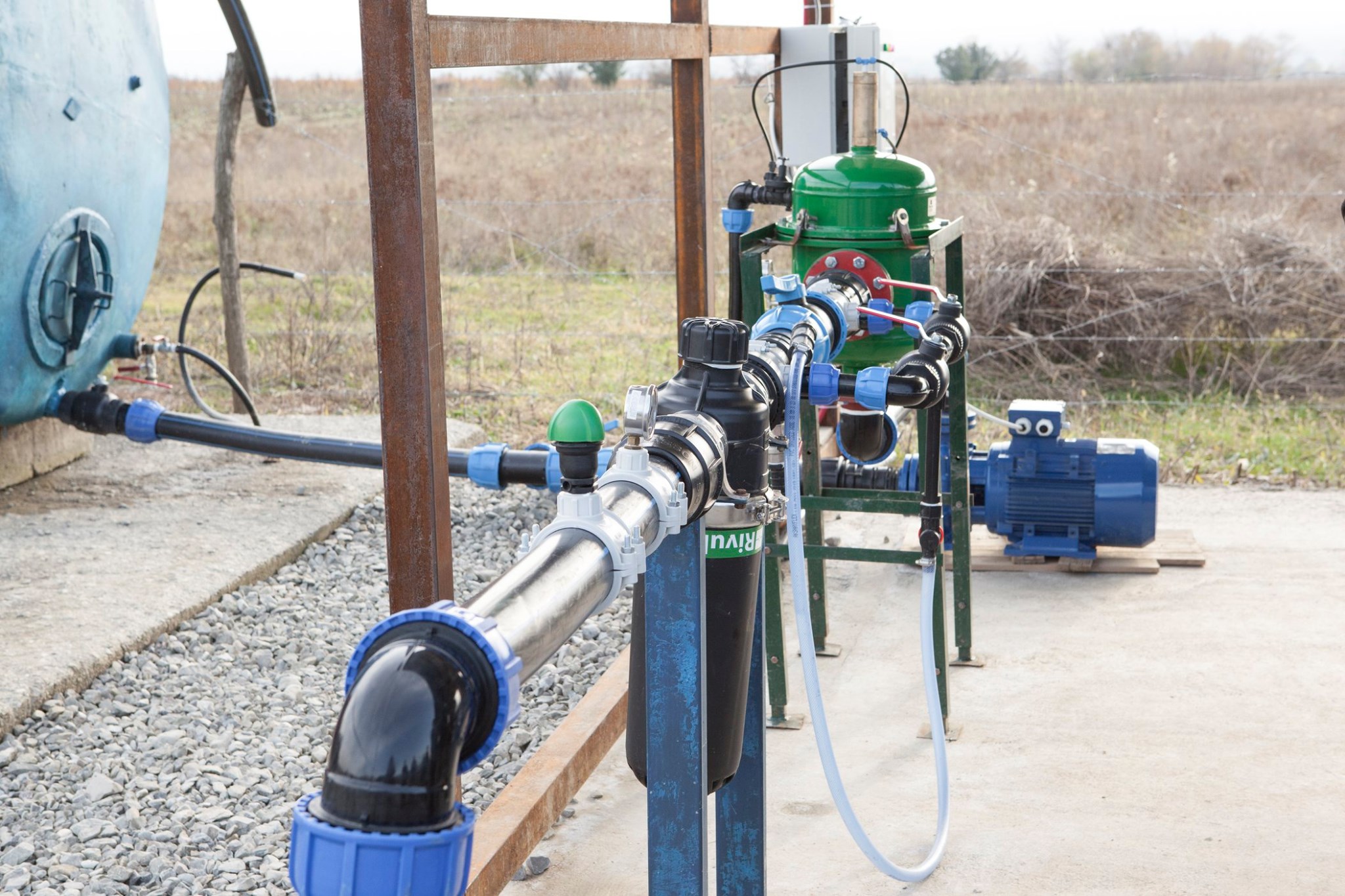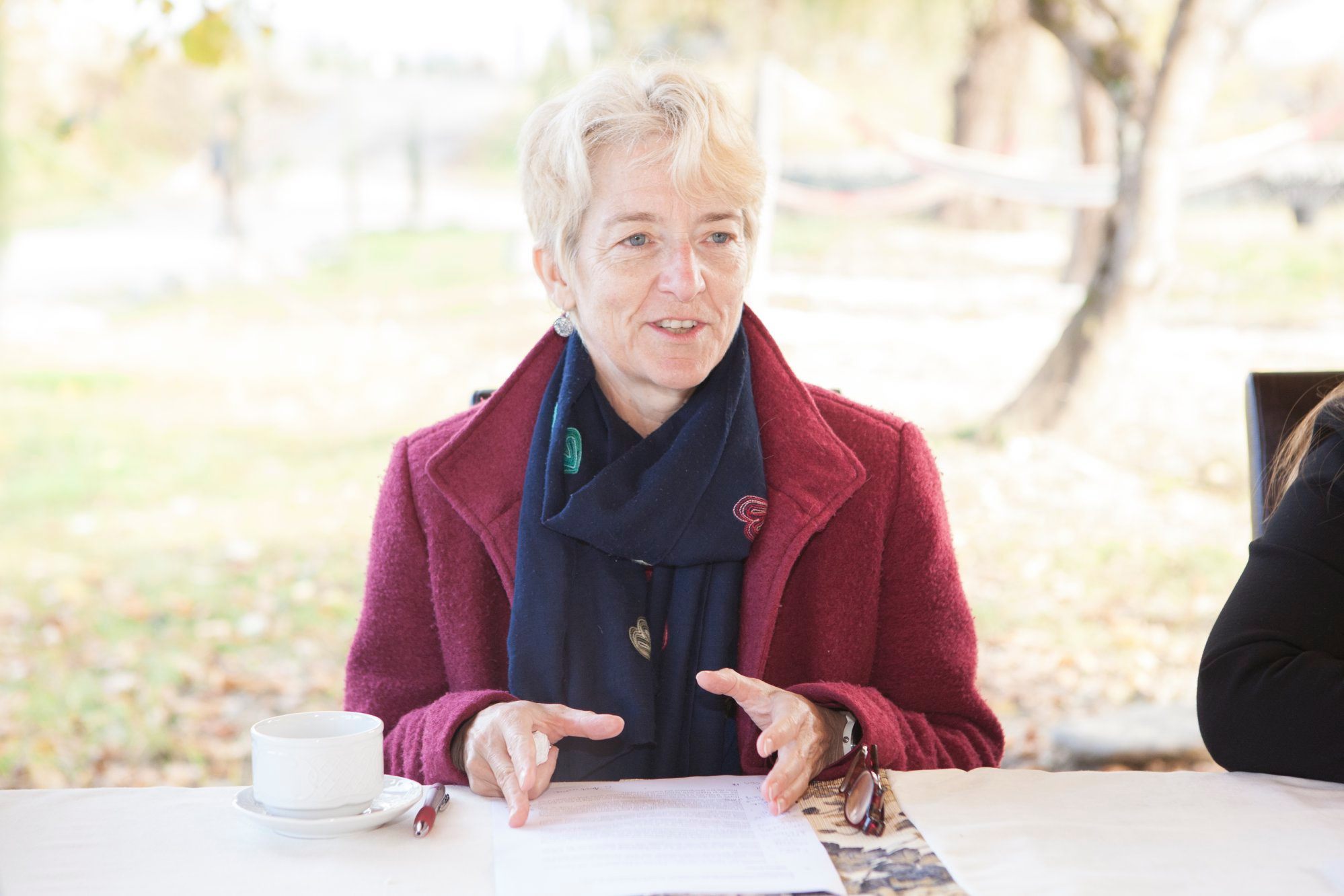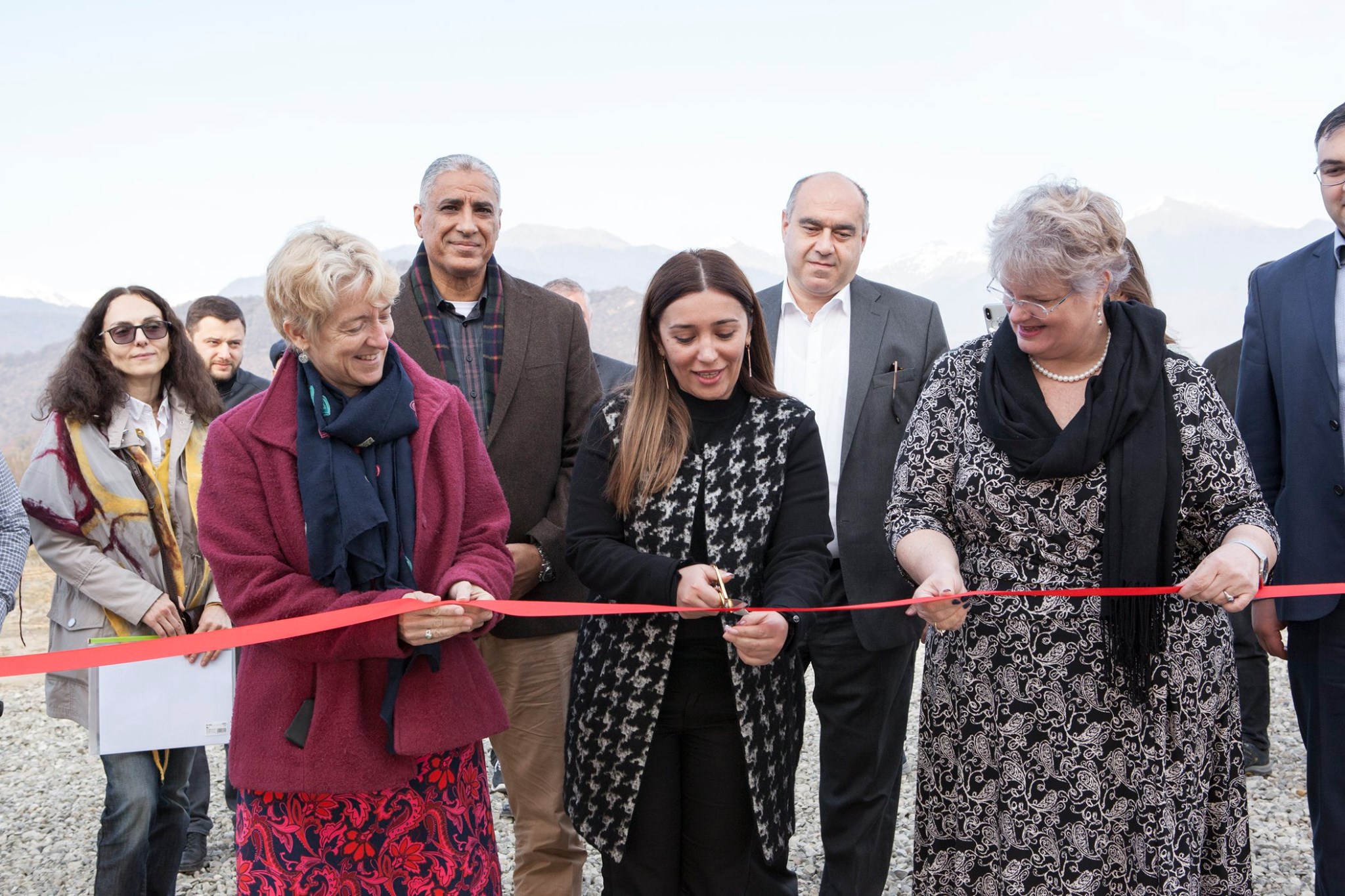News
Drip irrigation systems have been installed in Kareli, Kvareli and Tsalka municipalities with the support of the UNDP and Global Environment Facility.
The Sustainable Water Management Demonstration Project, which will support the development of farming as well as the reduction of adverse effects of climate change, has been implemented with the support of the Ministry of Environmental Protection and Agriculture of Georgia, the United Nations Development Program (UNDP) and the Global Environment Facility (GEF).
To demonstrate the benefits of drip irrigation systems, three pilot agricultural crops have been selected - grapes in Ennisel, potatoes in Bedian and onions in Ruis villages. The studies will be conducted on crop and water use in the pilot villages to reveal the results of drip irrigation. Local farmers and representatives of Farmers Association will be trained to improve their knowledge on how to use and manage drip irrigation systems.
The Implementation of drip irrigation systems as part of a broader UNDP-GEF program is carried out in Azerbaijan and Georgia aiming to harmonize water consumption policies and practices between the two countries. The Kura II Project has a total budget of USD 5.3 million, which is shared between the two countries. The project is in its third year of implementation and will be concluded in 2020.
“Sustainable agricultural technologies are an opportunity to save water and increase crop yields. “With up-to-date methods of farming, we can better protect our national water resources and increase the income of local farmers.” said Nino Tandilashvili, Deputy Minister of Environmental Protection and Agriculture.
As the head of UNDP, Louisa Winton, noted, the increase in temperature and dryness observed in Azerbaijan and eastern Georgia is the result of climate change.
“We shouldn’t forget scarce water resources, while implementing the sustainable water management in the river basin, where farming activities are actively carried out , however, in relation to all above mentioned issues we work to further foster international cooperation ‘’said UNDP Head Louisa Vinton.
“In the Kura Basin, agriculture accounts for 70% of total water use. Reducing excess ground and surface water withdrawals will further contribute to food and water security in the region. Understanding the benefits of water saving technologies allows farmers to improve their livelihoods despite the results of climate change.” said UNDP-GEF Kura II Regional Project Coordinator Mary Matthews.



